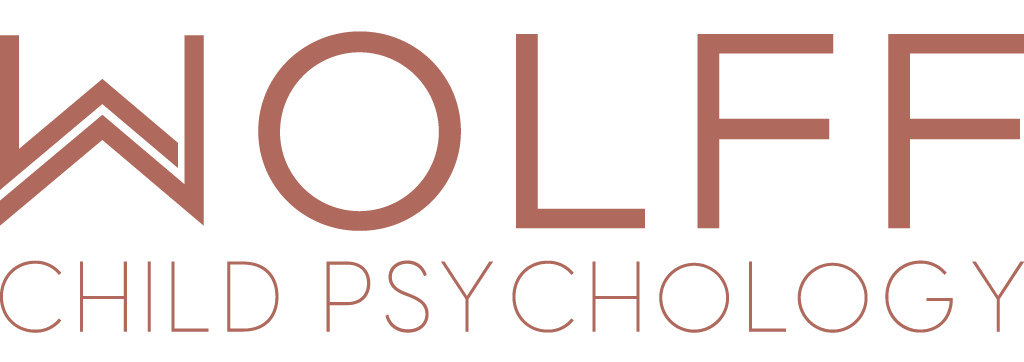Learning Disabilities Evaluation
Learning disabilities are characterized by foundational difficulties with reading, writing, and/or math and can have a negative impact on a student’s academic journey. If you think your child or teen might have a learning disability, an evaluation may be the best next step.

Here’s What Learning Disabilities Can Look Like in Everyday Life:
- Difficulty picking up on the sound structure of language, including rhyming or sounding words out
- Difficulty acquiring sight words
- Reading that is slow or effortful
- A dislike of reading, or a preference for reading graphic novels or listening to audiobooks
- Difficulty understanding or answering questions about what they read
- Anxiety around school or tests
- Difficulty completing basic math calculation
- Difficulty memorizing math facts
- Difficulty organizing writing
- Difficulty with spelling
- Difficulty forming sentences that are legible and make sense
- Not performing up to the student’s perceived potential
- Complaining about school or school refusal
How a Learning Disabilities Evaluation Can Help
Being a student is the primary role for children and adolescents. When school is not going well, it can be immensely stressful. Evaluation helps clarify:
- Where the student is really performing academically compared to same aged peers
- How that aligns or does not align with their cognitive strengths and potential
- What is getting in the way of their learning
Many learning disabilities (e.g., Dyslexia, Dysgraphia, Dyscalculia) co-occur with other diagnoses, such as Attention-Deficit/Hyperactivity Disorder (ADHD), anxiety, and depression. A learning disabilities evaluation can help tease apart the presence of one, or multiple, diagnoses, which then informs more effective treatment and accommodations.

A Learning Disabilities Evaluation by Wolff Child Psychology Typically Includes:
- A thorough parent interview spanning birth and genetic history, mood, and educational history
- A record review (if previous records, such as IEPs or previous evaluations exist)
- Brief interviews with teachers and other service providers (therapists, OTs, speech and language pathologists)
- Detailed clinical observations
- A battery of tests, including cognitive strengths and weaknesses, academic performance, and assessments of attention and executive functioning skills
- Behavioral rating scales completed by adults who know the student well (e.g., parents, teachers, service providers)
- A thorough report with both the data that schools will need to determine accommodations and the language that parents can understand
- Specific recommendations for educational accommodations and/or other therapeutic supports (when warranted)
- A feedback session to review the results and what they mean, and to create a roadmap for moving forward
- Coordination with the school or other care providers following the evaluation
Next Steps: Schedule a Learning Disabilities Evaluation
If a Learning Disabilities Evaluation sounds like what your child or teen might need, we encourage you to reach out and start the conversation. Even if you’re unsure what to do next, a caring expert on our team is ready to listen and help guide you. Contact us today and we’ll help you get started.
